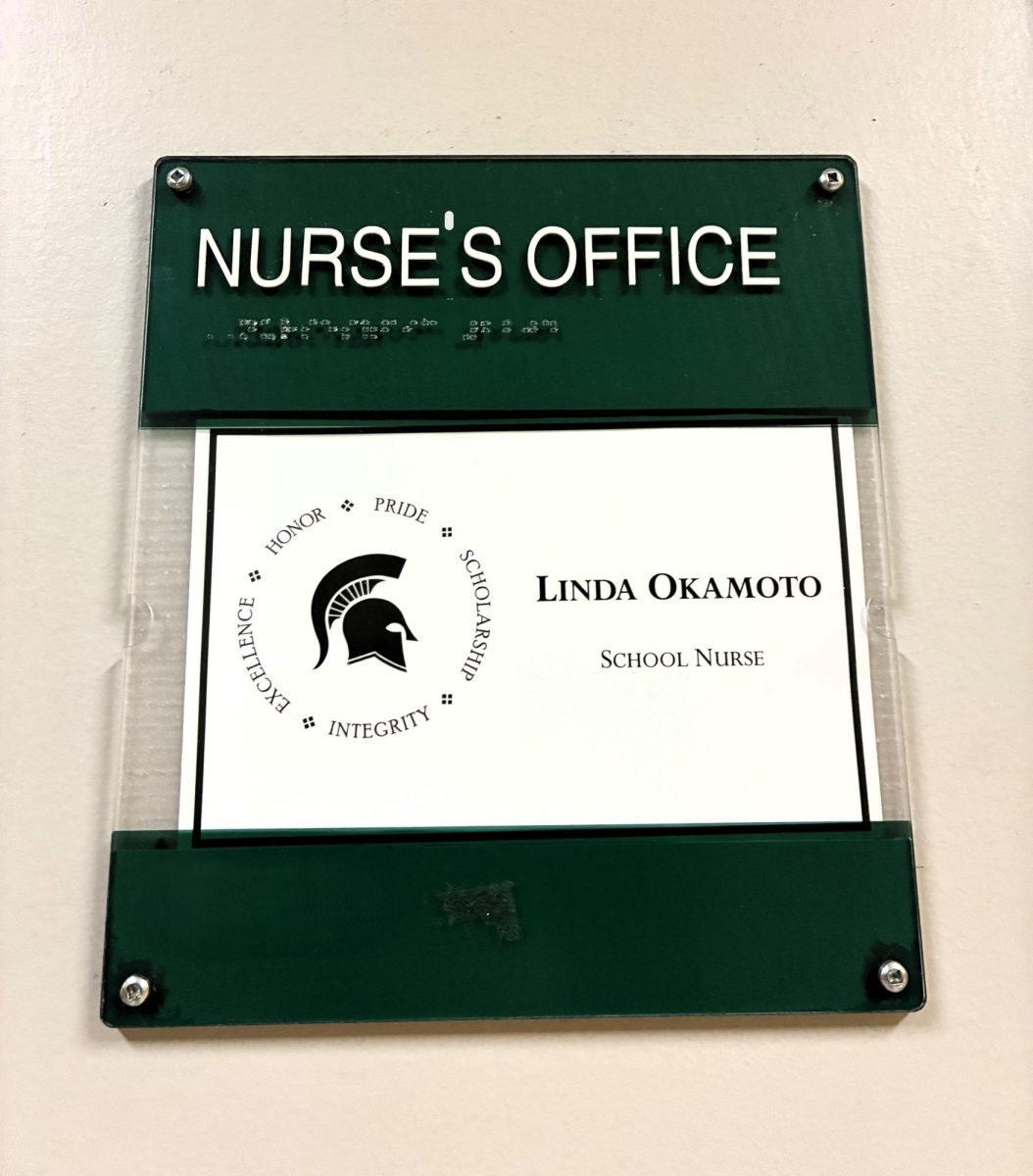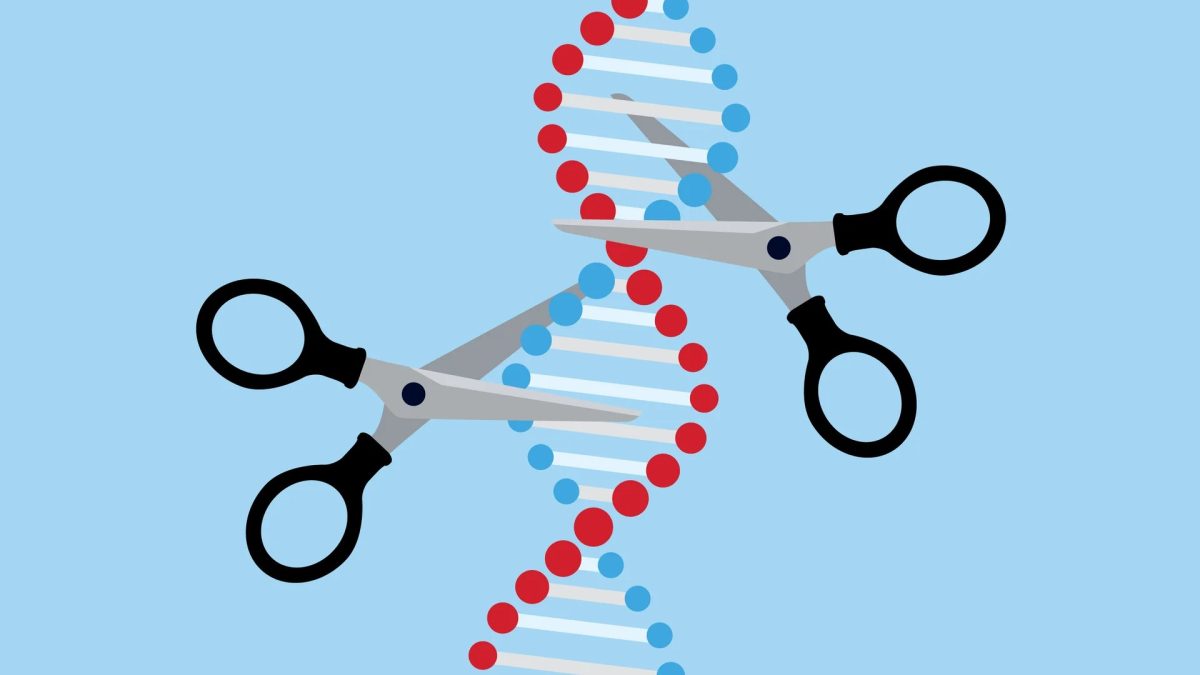Dopamine is often called the “feel-good” chemical because it plays a powerful role in our happiness. Our brains release dopamine when we achieve something, like getting an A on an exam or a comment on a social media post. This creates a rewarding sensation that encourages us to repeat the behavior.
Dopamine can be a powerful motivator, but it can also lead to unhealthy addiction, especially in today’s digital age.
Social media exploits users’ dopamine system to keep them scrolling. The unpredictability of what might be in the next video and the platform’s personalization create a cycle of instant gratification that can be difficult to break.
“I tend to scroll, and I get so into it, I forget to stop scrolling. Sometimes I come across a post that’s demotivating, and that just makes me feel less like working,” explained Tishya Sudhahar, a junior at Skyline High School.
Dopamine isn’t all bad, though. In 1995, Howard Hughes Medical Institute researchers Qun-Yong Zhou and Richard D. Palmer discovered that “DA [dopamine] is essential for movement and feeding, but is not required for the development of neural circuits that control these behaviors.”
Essentially, dopamine strengthens our will to live.
To use this chemical to our benefit, we first need to acknowledge its influence. Our brains are wired to seek short-term rewards, but we can force them to focus on meaningful, long-term ones.
One effective strategy is to set boundaries with our devices. Put your phone away during study sessions or turn off unnecessary notifications. After you study without distractions, reward yourself to encourage yourself to repeat the behavior again.
By understanding our relationship with dopamine, we can use it to grow rather than let it control us. Let’s challenge ourselves not to give in to instant gratification and develop habits that improve our lives.










